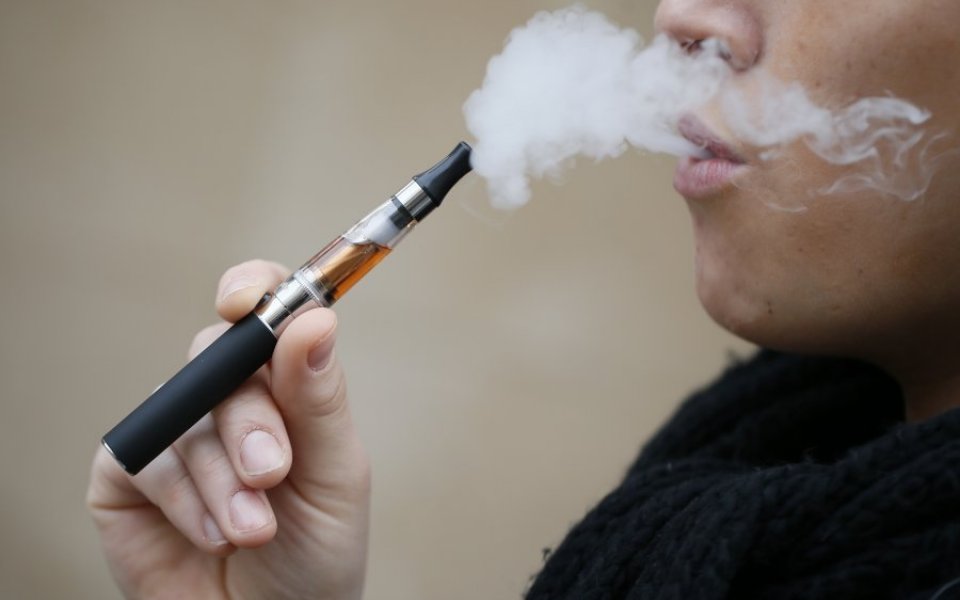Why the European Union is no friend of innovation

The story of the e-cigarette ought to feature as a case study in every economics class and every business studies textbook on every campus in the land. It's a story containing all the forces that shape market economics and enterprising endeavours.
The e-cig first emerged in response to changing social and regulatory conditions, as tobacco smoking became more expensive and less acceptable.
That's the first chapter of the case study story: identifying and filling a gap in the market. Chapter two could look at the role of innovation and technological progress, as devices improved at a rate of knots.
There could also be chapters on competition, as consumers can choose from a wide array of brands and products, as well as entrepreneurship – given that there are now 8,000 vaping shops on Britain's high streets and a plurality of small manufacturers. So far, so good.
Unfortunately, any such case study would also have to contain a chapter on regulatory overkill. In May this year, revisions to the EU's Tobacco Products Directive will come into force.
Despite not containing any tobacco, e-cigs have been lumped into the Directive because the Public Health division of the European Commission's Health and Food Safety Directorate claim that the long-term health effects of such devices are not yet known.
The Directive is dressed up in the language of the free market, claiming that it will “improve the functioning of the internal market for tobacco” but could in fact destroy a growing industry that supports tens of thousands of jobs in the UK.
The majority of popular vaping devices are manufactured by smaller firms who will now have to endure the bureaucratic hardship of reporting annually to the government on “the sales volumes of the products, types of users and their preferences and trends.”
Most damaging of all is the ban on advertising and promotion of vaping products. The EU is determined to treat an anti-tobacco product the same way it treats cigarettes. Why? After all, this is a product that, according to Public Health England, is 95 per cent safer than tobacco.
It's innovative, it's entrepreneurial and it's a free-market solution to the problems associated with traditional tobacco consumption. Just what does the EU have against it?